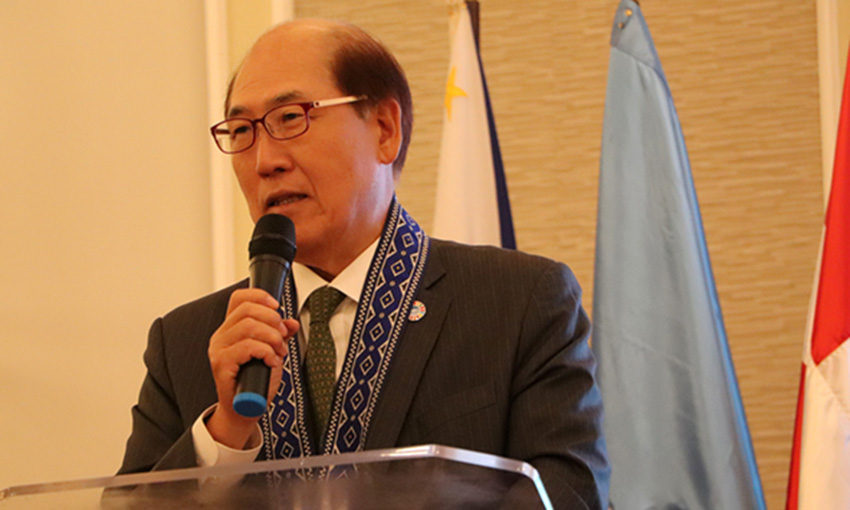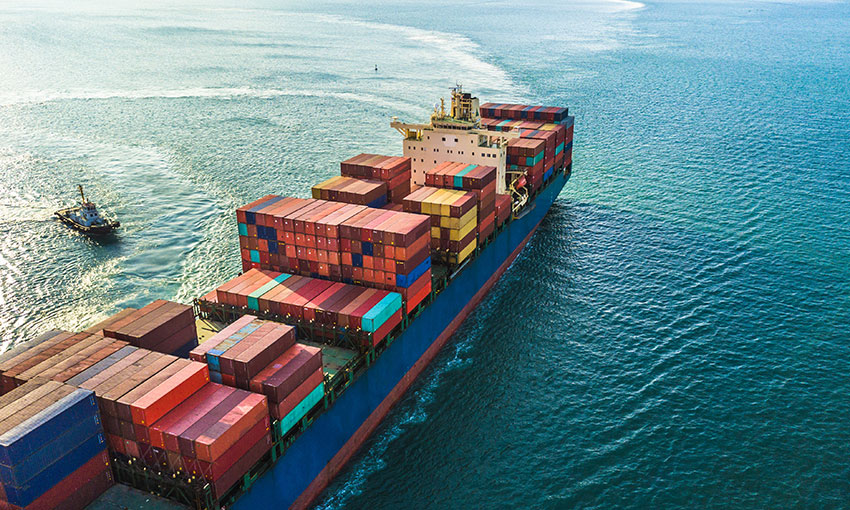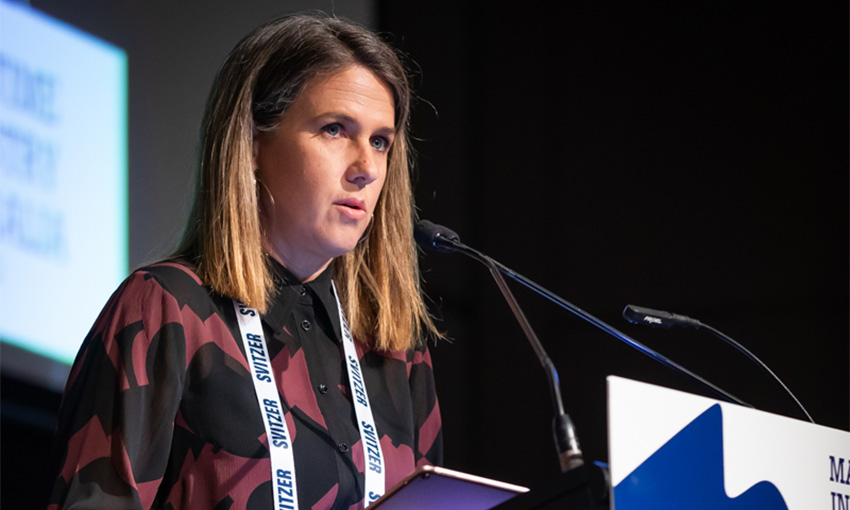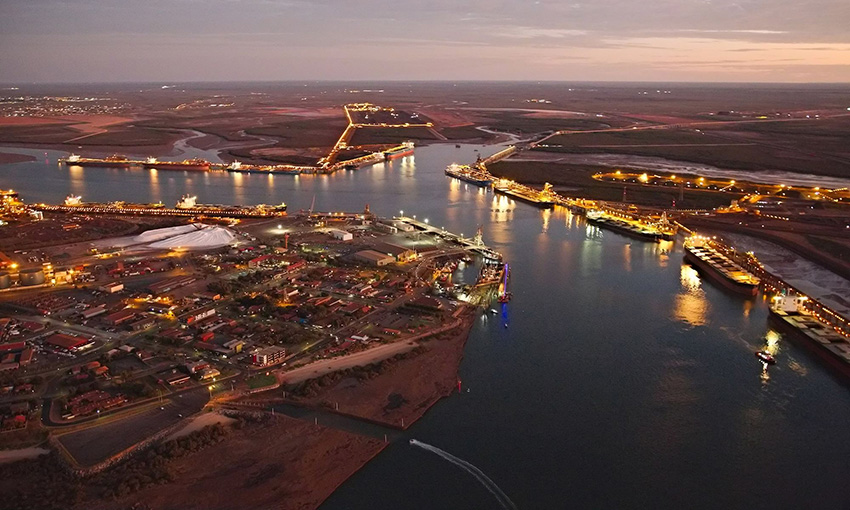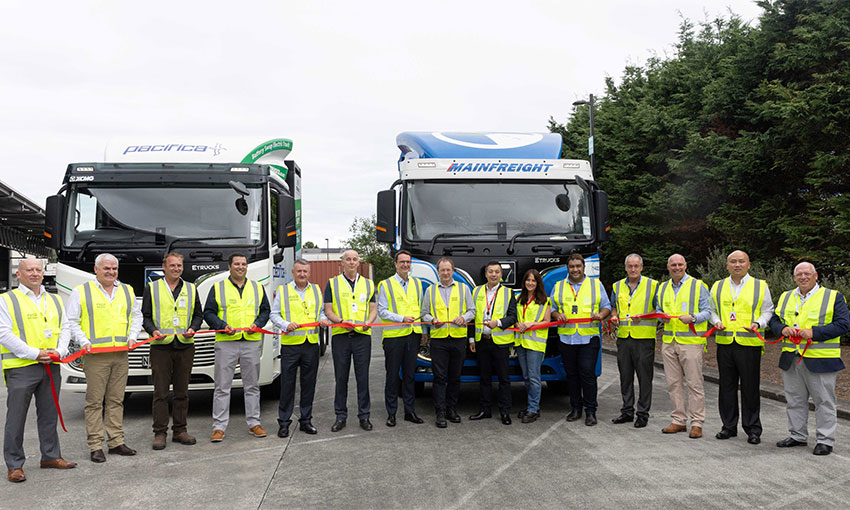THE DECARBONISATION of maritime transport in Asia and the Pacific and the opportunities it can unlock across the maritime value chain was at the heart of a Green Shipping conference in Manila, Philippines last week.
Under the theme “Seizing opportunities for Green Shipping in Asia and the Pacific”, the conference provided a forum for more than 100 maritime stakeholders from 20 Pacific Islands and Southeast Asian States (including ASEAN member states) to discuss the decarbonisation of international shipping.
Key drivers of change include an ambitious and global regulatory framework put in place by IMO addressing energy efficiency and greenhouse gas emission reduction; development of new low-carbon fuels and technologies; and investments in renewable energy and port infrastructure.
Opening the conference, IMO Secretary-General Kitack Lim stressed the importance of collaboration and co-operation: “Here in the Philippines, and across the region represented by 20 member states in this event, there is a strong willingness and commitment to work with all stakeholders to explore and make a push towards renewable energy, to ensure that maritime transport benefits from the relevant investment and technology transfer, and that the workforce of the future is equipped for this vital transition. Knowledge sharing is critical to the attainment of our common objectives. We can all learn from each other. And IMO is ready to support this process. The cooperation and dialogue that is the trademark of IMO be more important than ever.”
Roel Hoenders, head of air pollution and energy efficiency of IMO, presented IMO’s latest energy efficiency regulations (EEXI and CII) and state-of-play in the revision of the Initial IMO GHG Strategy and the development of a basket of mid-term greenhouse gas reduction measures and associated impact assessment.
Maritime transport is critical for the region, which has many island states, with vast sea distances covered by ships transporting vital goods as well as passengers. Participants identified that new ways of working together, especially between the public-private sector and between developed and developing countries, were crucial for the green transition. Amongst the delegates were key decision-makers and senior advisers from Asia and the Pacific, leading business representatives from the maritime value-chain, ship-owners and operators to cargo owners, ports, energy producers and financial institutions, development banks, academia and civil society.
Expectations with regards to the revision of the Initial IMO GHG Strategy and the development of IMO’s mid-term GHG reduction measures, including technical and economic elements, were discussed, in a programme of high-level in-person panels and interactive sessions.
The conference was co-organised and co-sponsored by IMO (through IMO’s Integrated Technical Cooperation Programme (ITCP)), in collaboration with the maritime authorities of the Philippines and Denmark.

